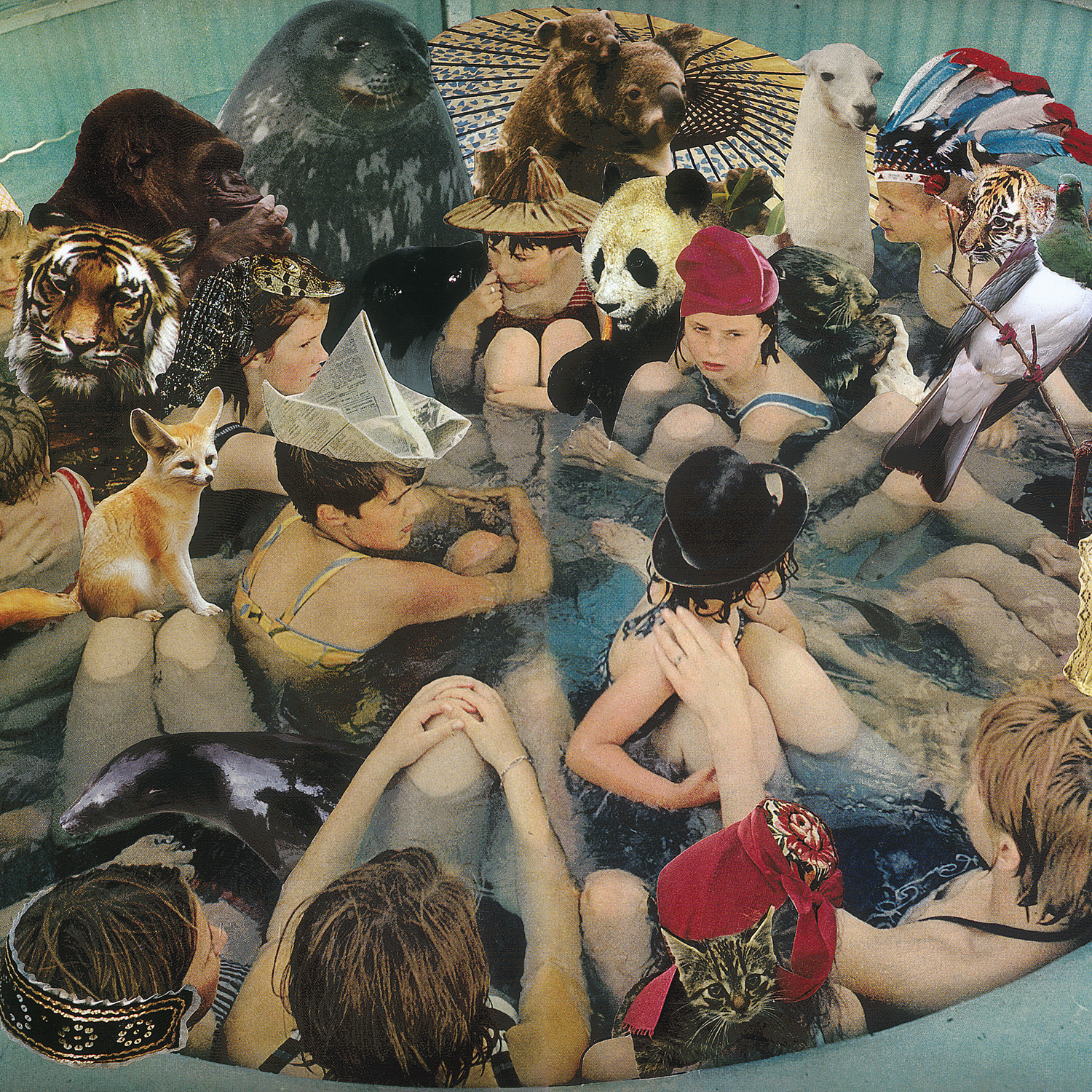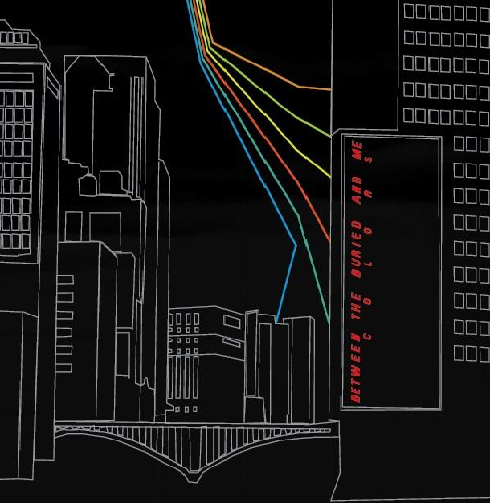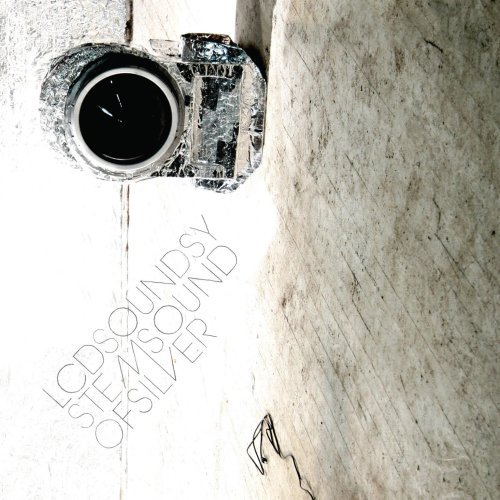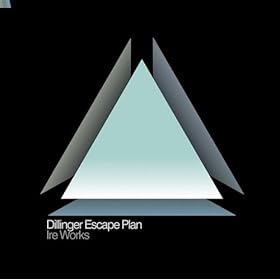Inglourious Basterds d. Quentin Tarantino, 2009

Consider play. Fun & jest; the action of participating in a game; a dramatic composition; space in which something can move. Now consider Inglourious Basterds. I found myself with two initial responses to the film: 1) That was fun 2) But was it moral? 2a) Yes, it was 2b) No, it was not 2bi) Wait, should that have been fun? Perfunctory readings of readings seem to indicate - more or less - that my response to the film follows a mostly typical arc. Only a curmudgeon would deny that Inglourious Basterds is compelling filmmaking - stylish without being overbearing, tautly written and tightly edited1, and filled with life-brimming characters. Response #1 stands: qua film, IB is an enjoyable time at the cinema
But the morality and ethics of the thing complicates this response. Like Dogville before it, the denouement recasts the heroes of the film as potential immoral butchers, applying a justice and vengeance that might not be theirs to serve to an audience2 that might not actually deserve it.
What saves Inglourious Basterds - and, frankly, the audience as well - from occupying an untenable position is this idea of play. In spite of Quentin Tarantino’s attempts to author the thrust of this film univocal3, Inglourious Basterds is very much playful, in absolutely every sense of the word. (Or at least those gathered above.) This is obvious, but it still needs to be stated: this is not a historical film. It's concerned, yes, with history and with injustice, but this is first and foremost a cinematic thought experiment taken to its logical end.
The viewer is repeatedly reminded of the fact that what she's watching is a film. Tarantino's movies are always rife with cinematic imagery, but they usually take the shape of constative indices - visual, audio, narrative, and casting cues that point back to the stuff found in cinema. Inglourious Basterds treads a different path altogether, pointing to the stuff of cinema. Outside of an early scene that recalls that final shot of The Searchers - where an august John Wayne's lumbering walk toward the sunset is cut pathetically short by a closing door - I failed to pick up on any other moments recalling specifically other films4. Here cinema is performative, its qualities, rather than its experiences, doing the heavy lifting: Lt. Aldo quips, "Watching Donny beat Nazis to death is the closest we ever get to going to the movies"; the finale takes place in a cinemaplex. To return, this puts the film and the audience in a cinematically charged frame, as opposed to the political and moral frame that one might approach a movie about WWII or the holocaust with. Which is not to say that the film is evacuated of ethics and politics, only that its political and ethical codes are not the same as those of the world outside of the film. Rather, and here we go again, the filmic space is one in which morality and politics can be put into play, ambling back and forth in an antipodean dance, refusing to cling to a single position. So, to speak of a univocal morality like the enumerated list in my first paragraph is to miss the whole point; the humor, excitement, drama, politics, and morality of the film are fluid and intertwined - extrapolating one from the other is to ignore the cinematic space of play.
The result of this play is a complex network of moments that stretch and pull at each other, threatening a breaking point, only to rebound and meet up again in the middle somewhere. Inglourious Basterds opens with an act of pure evil: Jews slaughtered by Nazis via machine gun fire rained down through the floorboards. It follows that the Nazis deserve their comeuppance, but when that comeuppance is brought down, the shots of the Basterds standing in the gods reflect both the Nazis slaughter of the Jews in the opening scene and the watchtower massacre perpetrated by Frederick Zoller. These moments that bind the Jews - especially the Basterds - to the Nazis occur throughout the film: Hitler tells Goebbles that the film-within-a-film is his finest work yet, while Aldo Raine proclaims, "This just might be my masterpiece", and Shosanna's hijack-film is eerily continuous with Goebbels', replacing one on-screen massacre with another. While I don't mean to imply that there is anything ambiguous about the morality of the Nazis - and there is not; that opening scene is a demonstration of pure brutality and evil - these connected images serve to nullify any pat reading that works to anchor the Basterds' action as moral or immoral. That sense of play in the film - the fun type - works with the tropes of vengeance and morality to create spatial play. The film bounds and rebounds between glee and justice, so much so that the two become inextricably intertwined; the mode of the film, then, is one of play, of constant movement between joy and despair, morality and evil, justice and vengeance. Rather than being a final word, an object that states HOW THINGS ARE, Inglourious Basterds operates as a conduit of interpretation, deflecting readings that seek to cement it in place and rewarding those that allow it to breathe.
1 Yes, even with its 2.5 hour runtime
2 Literally
3 The entirety of Tarantino's speech at the premiere, via Vulture: "So, are you ready to see some Basterds?" [Mild applause] "I said, are you ready to ready to see some Basterds fuck up some Nazis?" [Louder applause] "Yeah, motherfucker!" [Throws microphone on the floor]
4 Do bear in mind, however, that I'm only moderately well watched and that I also possess a terrible memory for recollection.

















